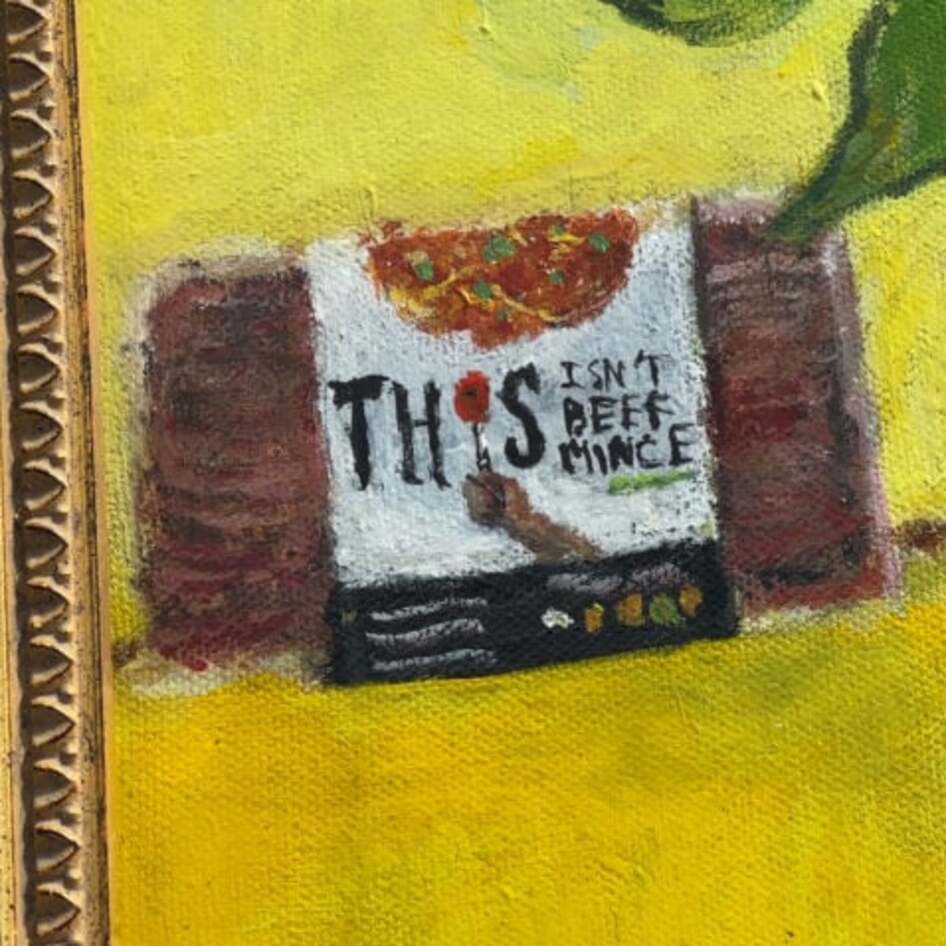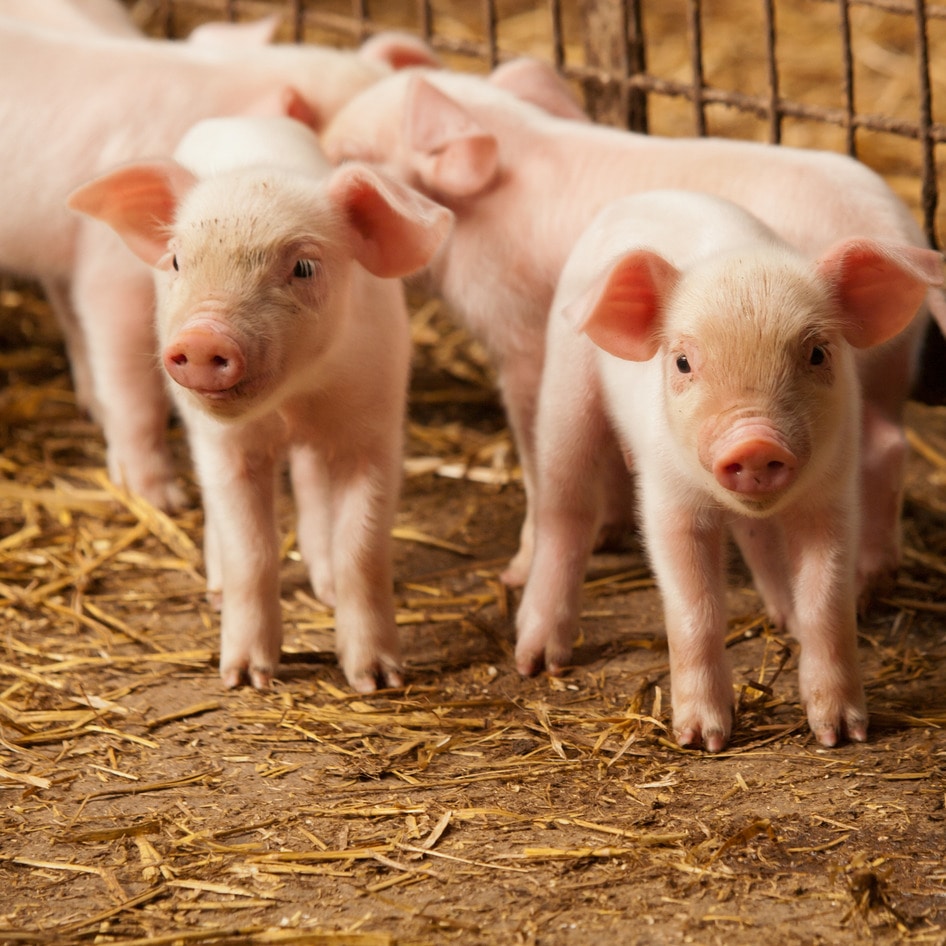This week, Hungary announced a preemptive ban on farming mink, ferrets (polecats), foxes, and coypu. While these animals are not currently farmed for fur in the country, Hungary’s Ministerial Commissioner of Animal Protection Péter Óvári made the announcement as a measure to mitigate the spread of zoonotic disease after the COVID-19 virus (and mutations of it) were found on mink fur farms in a number of countries, including the Netherlands, Denmark, the United States, Italy, France, Greece, and Spain. Both the Netherlands and Denmark have killed millions of mink in an effort to stop the spread of the mutated COVID-19 virus—which could prove detrimental to any future vaccines.
“Although these species are not currently farmed for fur in the country, this ban is more than just symbol politics because there is a very real and present danger that fur farmers from elsewhere in Europe may attempt to move their operations to Hungary and set up shop there,” Joanna Swabe, Senior Director of Public Affairs for Humane Society International (HSI) Europe, said. “This is a precautionary measure that shuts the door to that happening, and that is a good outcome for human health and animal welfare.”
Thousands of chinchillas—who are exploited in the same way as other fur-bearing animals—are bred for fur in Hungary and are noticeably absent from its fur ban, leaving the country susceptible for future zoonotic diseases. “For as long as the animal exploitation of fur farming is tolerated, the potential for reservoirs of animal to human pathogens will persist,” Swabe said, “and so HSI hopes that the Hungarian government will also consider strengthening its ban by shutting down the country’s chinchilla fur farms too, and make fur farming history in Hungary.”
Stateside, infected mink have been found on 15 farms in Utah, Wisconsin, and Michigan. State officials in Utah and Wisconsin have insisted that the spread of the COVID-19 virus from animals to humans—which was the case in the Netherlands and Denmark—is minimal and have failed to act in any meaningful way, according to animal-rights groups the Humane Society of the United States (HSUS) and Humane Society Legislative Fund (HSLF). “This lack of action is creating a public health risk for the workers and for the American public. It is also resulting in added suffering for the mink caged on these fur farms,” HSUS CEO Kitty Block and HSLF President Sara Amundson said in a joint statement. “The US government, too, should immediately take steps to stop the spread of the virus on fur farms, and press for closing down the nation’s fur industry. We already know that US demand for fur is dropping every year with more and more Americans turning to fur alternatives. The coronavirus has shown us that fur’s ill effects stretch far beyond animal suffering, and there is no reason at all to let this cruelty continue for a day longer.”
JUMP TO ... Latest News | Recipes | Guides | Health | Subscribe







